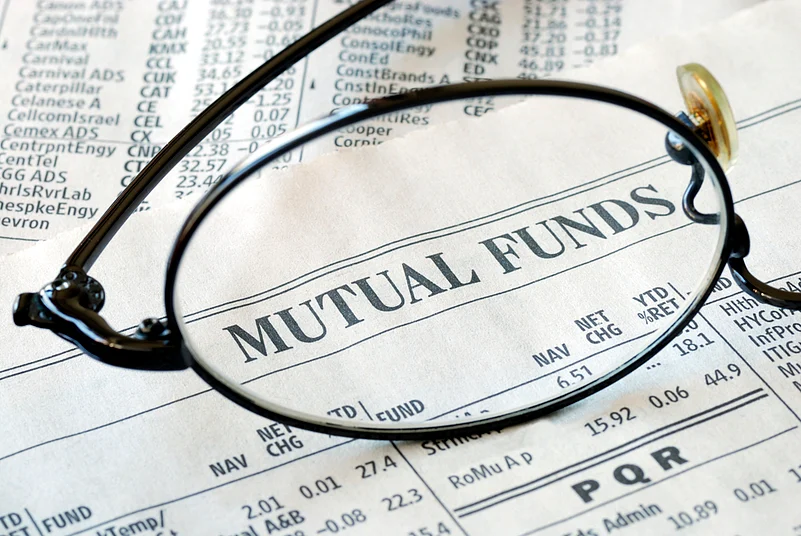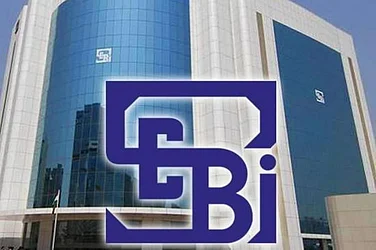Debt Mutual Funds, as the name suggests, invest in debt securities of various time horizons and risk profile, depending on the characteristic of the fund itself. Since the investments are in debt securities, the returns are less volatile compared to the Equity Mutual Funds, and can also be more predictable. Hence, conservative investors have found it better to opt for Debt Mutual Funds compared to Equity Mutual Funds. Let’s look at various features of Debt Mutual Funds to understand why conservative investors find it easy to put their money here.
Debt Funds declare Yield to Maturity (YTM) of their portfolio, which is an indicator of returns to expect if the investment is held till the average maturity of the portfolio, which is also disclosed regularly. The return will be lower to the extent of expense ratio of the fund.
Many options available as per time horizon and risk profile of the investor:
That there are a large number of options for investors, and that they can choose one that suits them, is the most interesting aspect of DMFs. Here are some of the options available and the fundamental characteristic:
- Overnight Funds: They have a maturity of one day
- Money Market Funds: They are short-term debt instruments, cash and cash equivalents, which are rated high quality
- Short Term Funds: They come with a time horizon of up to 3 years
- Medium Duration Funds: The average maturity of the portfolio is between 3-4 years
- Long Duration Funds: Come with the Macaulay duration, ie, more than seven years
- Gilt Funds: Mostly government securities of very long maturity
- Credit Risk Fund: Approximately 65 per cent of the investment corpus is in less than AA-rated paper
- Dynamic Bond Fund: Debt funds that ‘dynamically’ manage the profile of securities held depending on the interest rate scenario and other factors
- Banking & PSU Bond Fund: They invest in debt instruments of banks, public sector undertakings and public financial Institutions.
Tax Benefit: Debt Mutual Funds have a better taxation structure compared to other fixed income instruments like bank deposits or non-convertible debentures, if held for more than 3 years. That offers a significant advantage to the investors. Here the investors get indexation benefit for investment held for more than 3 years, and still the tax rate is just 20 per cent.
Risks: Investors must understand that debt funds are not 100 per cent risk free. They carry interest rate risk and credit risk. Interest rate risk means if the interest rates trend upwards, the price of debt security held by the fund may go down, thereby lowering overall return to investors. Secondly, the securities held by the fund may not perform as per expectation and companies who have issued the securities could default in interest or principal payment. Any default will also reduce the returns to the investors.
So DMFs are a good choice for conservative investors, if the selection is done properly keeping time horizon and risk profile in mind. For example, one needs to choose a short duration fund for the investment that may be need to be liquidated after a few months. One should also be able to understand the interest rate cycle and choose appropriately. For example, it will not be wise to choose a Gilt Fund when interest rates in the economy are rising. Any mismatch in these factors can be a problem for the investor later. However, chosen wisely, DMFs can provide much better post-tax return for holding above 3 years with much lesser volatility compared to Equity Mutual Funds.





























